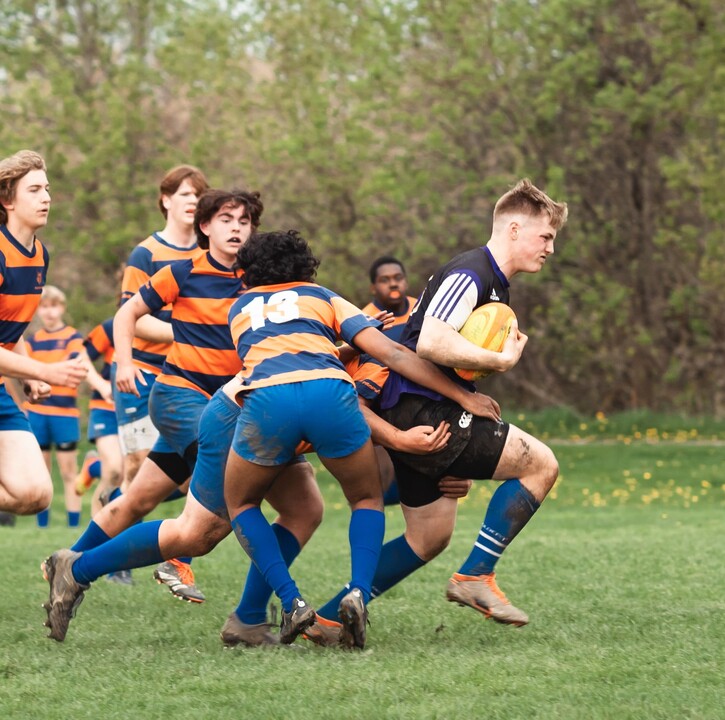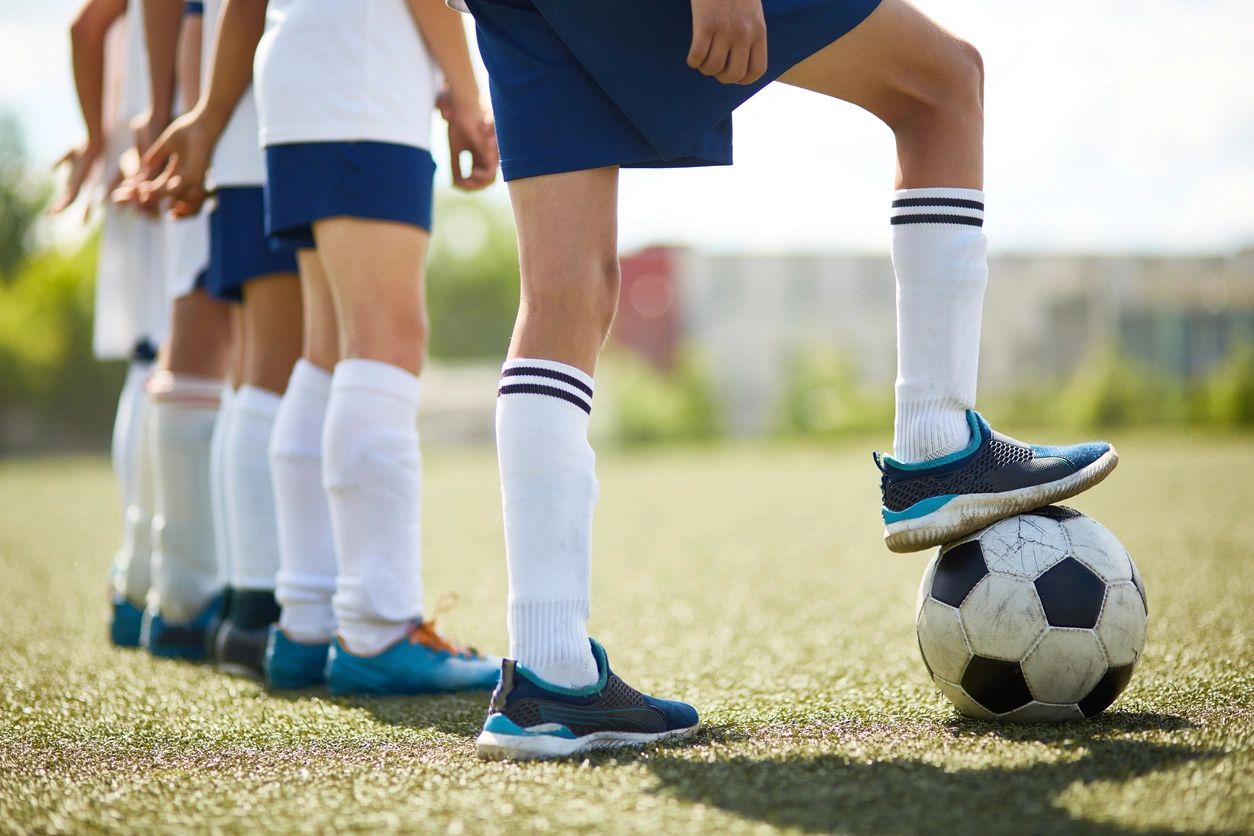For those of working in sport investigations, the long-awaited Report of the Standing Committee on Canadian Heritage came out last week and this is a must read for anyone working in our field. https://www.ourcommons.ca/documentviewer/en/44-1/CHPC/report-12/page-5
The 21 recommendations, if followed, will fundamentally change how investigations operate. The Committee started in 2022 as a reaction to the Hockey Canada events (who can forget those?!) and got broader in scope as the Committee continued. The Committee interviewed many sport witnesses (athletes, administrators and advocates, including a number of colleagues and contacts!) and then analyzed the evidence to come up with the recommendations.
I expect a number of us will be drawn into the proposed next stage through the Auditor General. I remain hopeful that those of us who working in the field and who pride ourselves on our independence, professionalism and ethics will be able to assure the AG that just because we are “for-profit” does not mean that the system is broken or that our ethical standards have been compromised. If there is a better, not-for-profit investigation model that is efficient, transparent, separate from government and meets the needs of parties, I’d love to hear about it.
The most critical Committee recommendations to our work as sport investigators are as follows:
Recommendation 7
That the Office of the Auditor General of Canada conduct a special audit of Sport Canada’s 2019 directive, which requires national sports organizations to integrate for-profit private firms as independent third parties in the complaint processes involving athletes and their sports organizations, and the audit should consider the following:
· The belief that “sport is unable to govern itself.”
· The poorly recognized and documented role of third parties in these processes.
· These actors wield influential roles in assessing an athlete’s environment or deciding on an athlete’s complaint.
· No independent and credible organization monitors the quality of their work, either through peer review or any other means to calibrate decisions.
· Given the legal standard of “balance of probabilities,” investigators assume a quasi-judicial role, while prevention should prevail, and a level similar to that of a social worker or police officer would be more appropriate.
· The Committee deems the situation very concerning and requires an overall assessment, making public the agreed-upon parameters between sports organizations and their independent third parties.
· The Auditor General’s office should prioritize the examination of the complaint handling mechanism assigned to independent third parties by NSOs, compared to the mechanism established by the OSIC to handle complaints from participants included in agreements between the OSIC and sports organizations.
· Additionally, it should assess whether these mechanisms adhere to the highest ethical standards.
Recommendation 15
That the Government of Canada establish a formal process to investigate sexual and physical abuse and maltreatment in Canada’s sport system, through a trauma-informed, survivor-focused lens.
Recommendation 20
That the Government of Canada establish a formal process to investigate sexual and physical abuse and maltreatment in Canada’s sport system, through a trauma-informed, survivor-focused lens.



